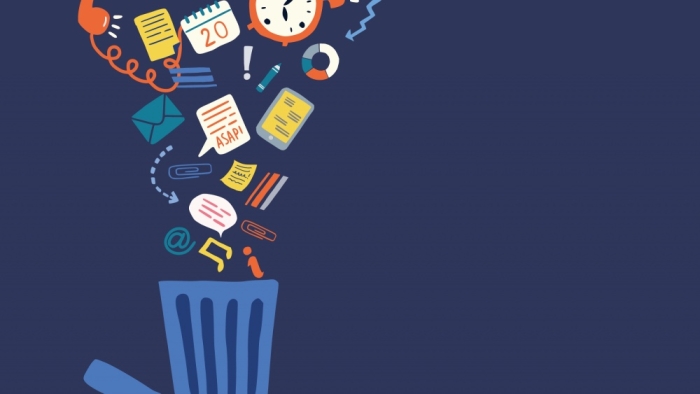Even a rather superficial look at the topics of recent scientific conferences, grants and published articles demonstrates that sociologists around the world are now engaged in the analysis of digital hygiene much more actively than 5-10 years ago. At the same time, the concept of "digital hygiene" remains relatively new for social science. And its active use in current research practice looks rather unusual. In this short paper I would like to analyze the meaning of this peculiar term and the reasons for its importance for contemporary society.
Probably, the main difficulties with understanding of the term “digital hygiene” arise because it includes two different words that, at first glance, do not have any direct logical connection with each other. The word "hygiene" is usually used for description of the routine rules which help people to minimize the risks to their health. The word "digital" is most often used for description of a variety of services on the Internet and devices that help to use such services. What can be common between these different words and how can they be combined in one term?
Nevertheless, the term "digital hygiene" is based on quite clear and transparent logic. A generalization of disparate scientific papers in relevant area demonstrates that, most often, researchers describe digital hygiene as a certain set of rules for safe behavior in the information society, the observance of which allows people to minimize the risks and threats arising from the use of digital technologies. So, it is possible to say that researchers who use this term see digital services not only as a source of opportunities for a person, but also as a factor of potential problems. And they perceive digital hygiene as a set of safety rules, which allows them to avoid or at least to minimize the risks of encountering such problems.
It must be admitted that the issue of observing such safety rules is indeed very important for the contemporary world. Digital technologies are so deeply integrated into our daily reality that many of us would find it extremely difficult to imagine our lives without them. And at the same time, the level of development of such technologies is so high that the logic of their functioning is absolutely not transparent for many people. Mobile phones and computers, which many people are used to actively using every day, constantly collect a lot of data about the movements, musical preferences, search queries and other features of the life of their owners. Pages in social media and blogs, which have become an important part of life for millions of people, function as a kind of public dossier, providing a lot of information about their owners to almost any Internet user. The widespread use of digital services for shopping and banking transactions allows them to be used also for fraudulent activities, which can hurt any user making payments over the Internet. And here I mention only the most obvious of risk factors related to the use of digital services. It seems obvious that there are many more such risk factors.
Awareness of the risks that may arise from the intensive use of digital technologies puts society in a contradictory situation. On the one hand, it seems obvious that such technologies are so deeply integrated into the daily lives of millions of people that it is practically impossible to refuse their usage: even if such a refusal is technically feasible, it will cause the collapse of many everyday processes. On the other hand, it would be too reckless to use digital technologies without considering the risks that may arise from their use. Probably, this is precisely the reason why research projects in the area of digital hygiene are so popular nowadays: scientists notice contradictory impact of digital technologies on society and strive to create a system of recommendations that will help to minimize the negative consequences of usage of such technologies.
The question of what specific recommendations should be included in such a system has not yet received a clear and well-established answer.
However, there are a few specific rules of digital hygiene that are currently mentioned more often than others.
- Firstly, you should carefully check the settings of your personal devices to find out exactly what personal data they collect about you and for what purposes these data can be used.
- Secondly, you should carefully think before the publication of any messages in social media and try to understand which readers will read these messages and what their reaction may be.
- Thirdly, you should be vigilant when making any payments through digital services and carefully check any data related to such payments.
- Fourth, it is most correct to refrain from using digital services, the purpose, and principles of which do not look simple and clear.
Of course, such rules of safe behavior are not able to protect any person from all the problems that may arise in his or her life due to the thoughtless use of digital services. However, they look realistic and quite simple. In addition, it is not difficult to imagine, which can arise because of ignorance of these rules. So, it looks like it is better to follow them, not to ignore them.
In general, it is possible to conclude that digital hygiene (which can be described as a set of skills for the safe use of digital technologies) is becoming increasingly important for a modern world. Whether we like it or not, our life is becoming more and more dependent on numerous digital technologies, the logic of which is not always clear to us. And in these circumstances, it is important to learn how to protect yourself from negative consequences of intensive using of digital technologies. Right now, social science has only a limited vision of certain safety rules of digital hygiene. But there is no doubt that there will be more clarity in this issue relatively soon. Besides, the basic and the most important rule of digital hygiene is already clear now: the more you know about the goals and principles of your digital technologies, the more protected you are.









